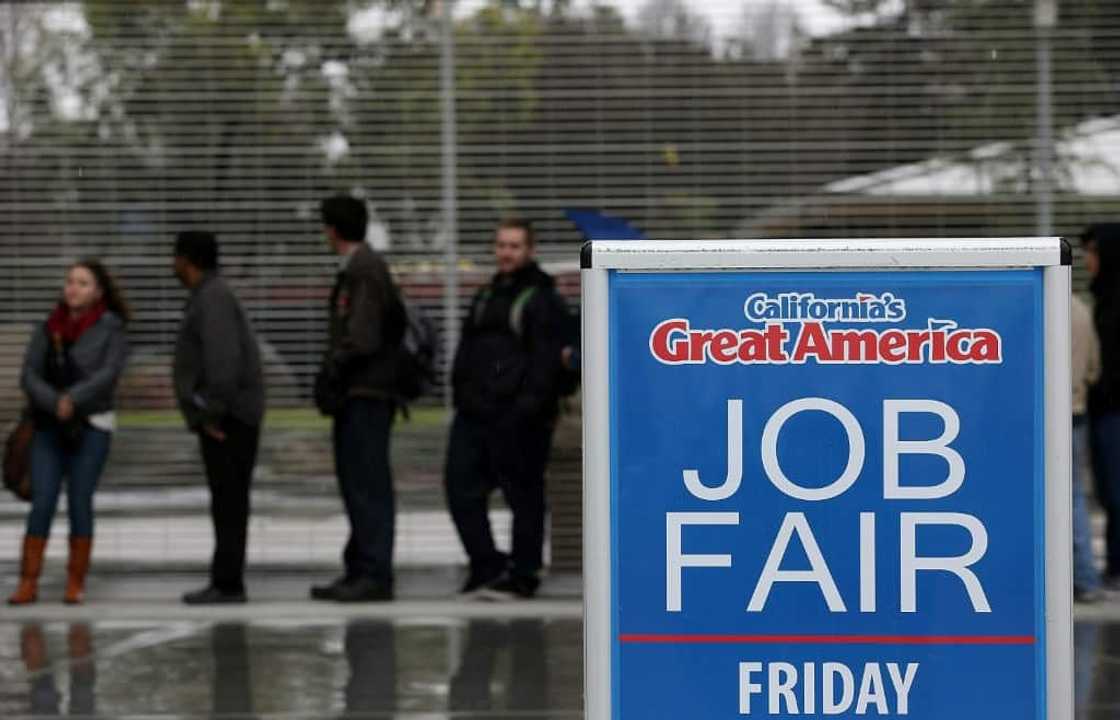Global unemployment set to worsen in 2024: UN

Source: AFP
The global unemployment rate will increase slightly in 2024, the United Nations said Wednesday as it raised concerns about stagnant productivity, worsening inequalities and inflation biting into disposable income.
The UN's labour agency said the economic recovery from the Covid-19 pandemic has slowed down, with ongoing geopolitical tensions and persistent inflation triggering aggressive moves by central banks.
That said, global growth in 2023 was modestly higher than anticipated, and labour markets showed surprising resilience, the International Labour Organization said.
However, real wages declined in most of the G20 countries as wage increases failed to keep pace with inflation, said the ILO.
The 2022 global unemployment rate stood at 5.3 percent and made a modest improvement last year to 5.1 percent.
However, in 2024 an extra two million workers are expected to be looking for jobs, raising the global unemployment rate to 5.2 percent.
PAY ATTENTION: Let yourself be inspired by real people who go beyond the ordinary! Subscribe and watch our new shows on Briefly TV Life now!
Disposable incomes have declined in the majority of G20 nations and, generally, the erosion of living standards resulting from inflation is "unlikely to be compensated quickly", the ILO said.
Widening inequalities and stagnant productivity are causes for concern, the ILO said in its World Employment and Social Outlook Trends report for 2024.
The study assesses the latest labour market trends, including unemployment, job creation, labour force participation and hours worked -- then links those to their social outcomes.
The report found that some of the data, notably on growth and unemployment, are "encouraging", ILO chief Gilbert Houngbo said.
But a "deeper analysis reveals that labour market imbalances are growing and that, in the context of multiple and interacting global crises, this is eroding progress towards greater social justice", Houngbo added.
The report found that only China, Russia and Mexico "enjoyed positive real wage growth in 2023".
Real wages fell in other G20 countries, with Brazil (6.9 percent), Italy (five percent) and Indonesia (3.5 percent) experiencing the sharpest declines.
"Falling living standards and weak productivity combined with persistent inflation create the conditions for greater inequality and undermine efforts to achieve social justice," said Houngbo.
"And without greater social justice we will never have a sustainable recovery."
Source: AFP



